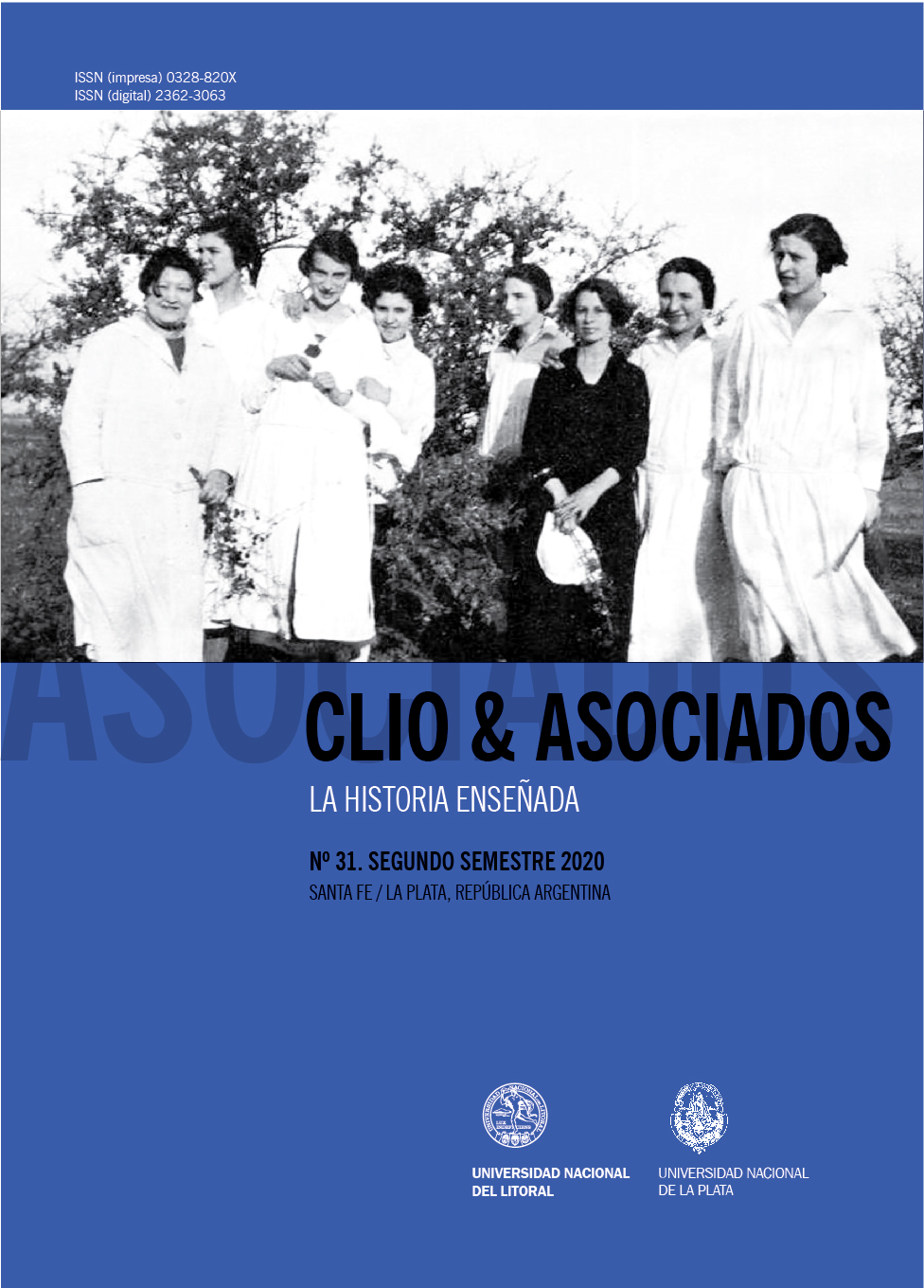Causality and historical narrative: the persistence of “romantic history” according to epistemology
DOI:
https://doi.org/10.14409/cya.v0i31.8936Keywords:
History, narrative, causalityAbstract
The work seeks to elucidate the reasons for the persistence in the teaching of ‘romantic history’, focused on the consolidation of national identity with historical narration as a didactic form, to the detriment of ‘scientific’, based on the development of skills of historical thinking. When using the narrative, the theory that explains the narrated becoming is not revealed. By attributing motivations to historical agents, explanatory theory opens up a range of possible efficient causes that will be used as explanations. The historical narrative is a very powerful tool because it allows to establish causal links in the past, thus giving an illusion of explanation to becoming without proposing its criterion of knowledge production. This mechanic allows the ideals of ‘romantic history’ to creep into history teaching inadvertently.









